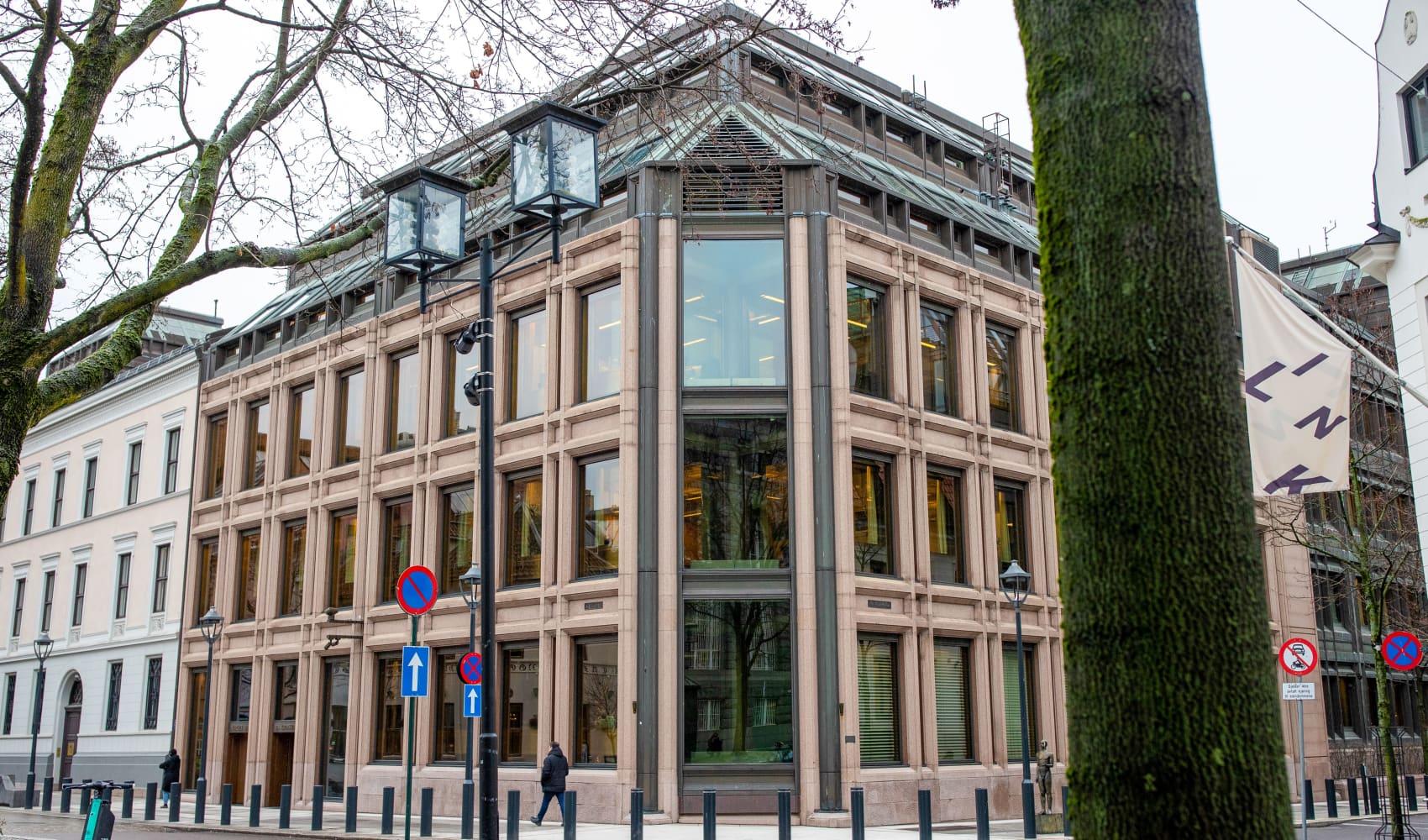
Banks have been going through it recently.
Earlier this month, Silicon Valley Bank and Signature Bank both saw runs on their deposits, as customers quickly withdrew billions of dollars that the financial firms didn't have cash on hand to pay off. The Federal Deposit Insurance Corporation seized the failing banks and guaranteed all uninsured deposits, but worries remained among both depositors and investors that more failures could be on the horizon.
Shares in First Republic Bank soared nearly 30% in Tuesday trading after Treasury Secretary Janet Yellen said in a speech that financial regulators would be willing to backstop smaller, regional banks in the same manner as SVB and Signature to quell the risk of failures becoming contagious.
It's hardly a moment for celebration. First Republic has been seen as one of the banks most at risk for an SVB-style failure, prompting a group of 11 big banks to lend $30 billion to the struggling institution. Its 30% stock price bounce comes after a 90% decline.
Get Connecticut local news, weather forecasts and entertainment stories to your inbox. Sign up for NBC Connecticut newsletters.
Where does that leave banks now? It depends on who you ask, and on whose behalf you're asking.
Most analysts say what happened earlier isn't likely to spread across the banking sector and cause a full-blown meltdown. "This is not the financial crisis," says Alexander Yokum, an equity research analyst at CFRA. "The majority of banks will be fine. All large banks will be fine."
As for those looking to invest in banks' stock, some see the recent turmoil as a huge opportunity while others say it may be wise to tread carefully. Here's why.
Money Report
'Banks are OK' — SVB and Signature were 'unique' failures
What happened at Silicon Valley Bank and Signature Bank could theoretically happen anywhere if depositors get worried enough about the safety of their money. As to whether failures could spread to other banks, "anything in the banking world could be contagious because it's all built on confidence," says Ania Aldrich, an investment principal at Cambiar Investors.
That confidence has been wavering of late, as many midsize regional banks have reported an outflow of deposits. Larger institutions, such as J.P. Morgan Chase, that are seen by depositors as more stable, are seeing money pour in.
But there's reason to believe that, overall, consumers won't lose faith in the system, experts say. For one thing, SVB and Signature were outliers in the banking world.
Both banks catered to volatile industries that needed cash quickly — tech startups for SVB and crypto-related companies in the case of Signature. More than 89% of domestic deposits at each bank were uninsured, meaning in excess of the $250,000 that the FDIC guarantees. That's well north of the 47% average among U.S. banks with $50 billion or more in assets, according to S&P Global Market Intelligence.
Plus, both held a cache of government bonds that were worth less than what they paid for them, like many other banks.
All of those factors led to panic among depositors at the banks who worried that the banks would have to take losses on their bond portfolios to keep up with clients' cash needs.
"It was really those unique characteristics that led to those issues," says Nathan Stovall, head of financial institutions research at S&P Global Market Intelligence. "It wasn't so much a fundamental issue as it was a crisis of confidence."
Investors have since bid down shares of other banks — First Republic among them — whose profiles bear resemblance to SVB and Signature. But swift action from regulators has kept the contagion of failures from spreading.
Not only did regulators back the uninsured deposits at the failed banks, but they also created a funding program to provide emergency cash to struggling institutions. The Bank Term Funding Program, created earlier this month, allows banks to borrow cash from the Federal Reserve by using their bonds as collateral, meaning any troubled bank won't have to sell them at a loss.
"The banks are OK, because the Fed has brought in a bazooka to stave off any further fears that institutions aren't on strong footing," says Stovall. "And most [banks] are saying they have no need for it."
Bank stocks come with opportunity, but 'too much uncertainty'
Investors aren't buying that banks — regional banks in particular — are totally out of the woods. An exchange-traded fund tracking regional banks in the S&P 500 surrendered 33% over the 12 months ending on Tuesday.
For some investors, a decline of that magnitude represents an excellent time to buy. "We believe this is one of the best risk/reward trade-offs in this group that we have seen in our 23-year career," wrote analysts at investing firm Baird in a recent note.
"The stocks are more inexpensive today than they were during the pandemic, and if you don't buy banks here, we aren't sure when you do," the note said.
Depending on your appetite for risk, however, such a gambit could be stomach-churning. Even given depressed prices, banks still face a litany of risks, says Aldrich.
Though the Fed's funding program for banks is a useful safety net, it's also a loan that needs to be paid back, which could eat into any affected bank's profitability, she says. And given recent events, banks are likely to become more reluctant to lend and may even become subject to a new set of regulations.
That includes the risk that depositors panic and send banks reeling further, which is still a possibility.
"There is too much uncertainty to make an investment case that all the risks are priced in," Aldrich says. If you're thinking about buying a bank stock because it trades cheaply compared with corporate measures of value in this environment, "it's equivalent to gambling," she says.
DON'T MISS: Want to be smarter and more successful with your money, work & life? Sign up for our new newsletter
Get CNBC's free Warren Buffett Guide to Investing, which distills the billionaire's No. 1 best piece of advice for regular investors, do's and don'ts, and three key investing principles into a clear and simple guidebook.






